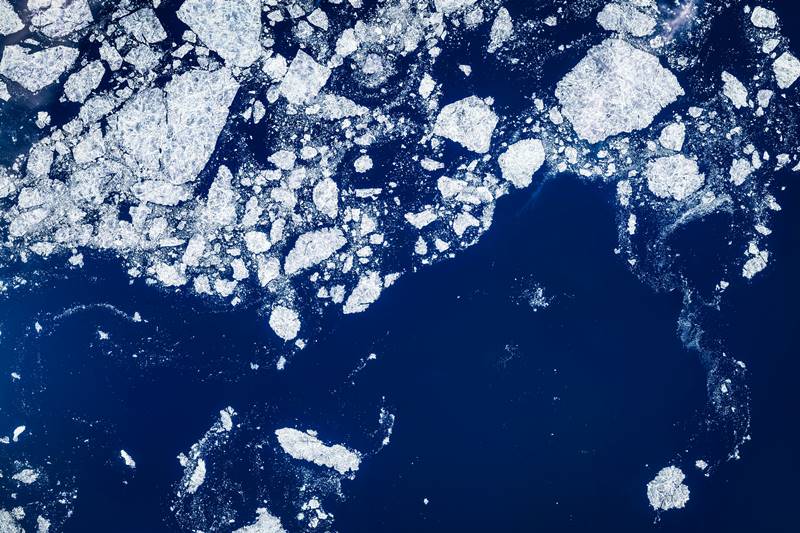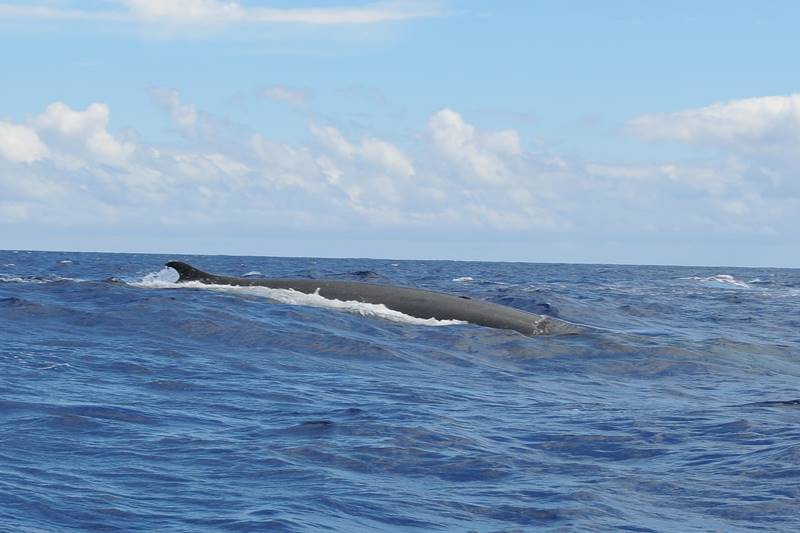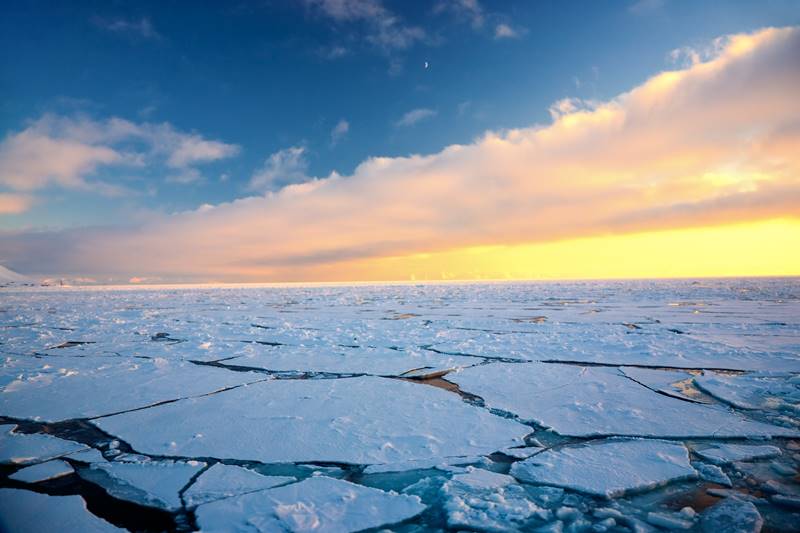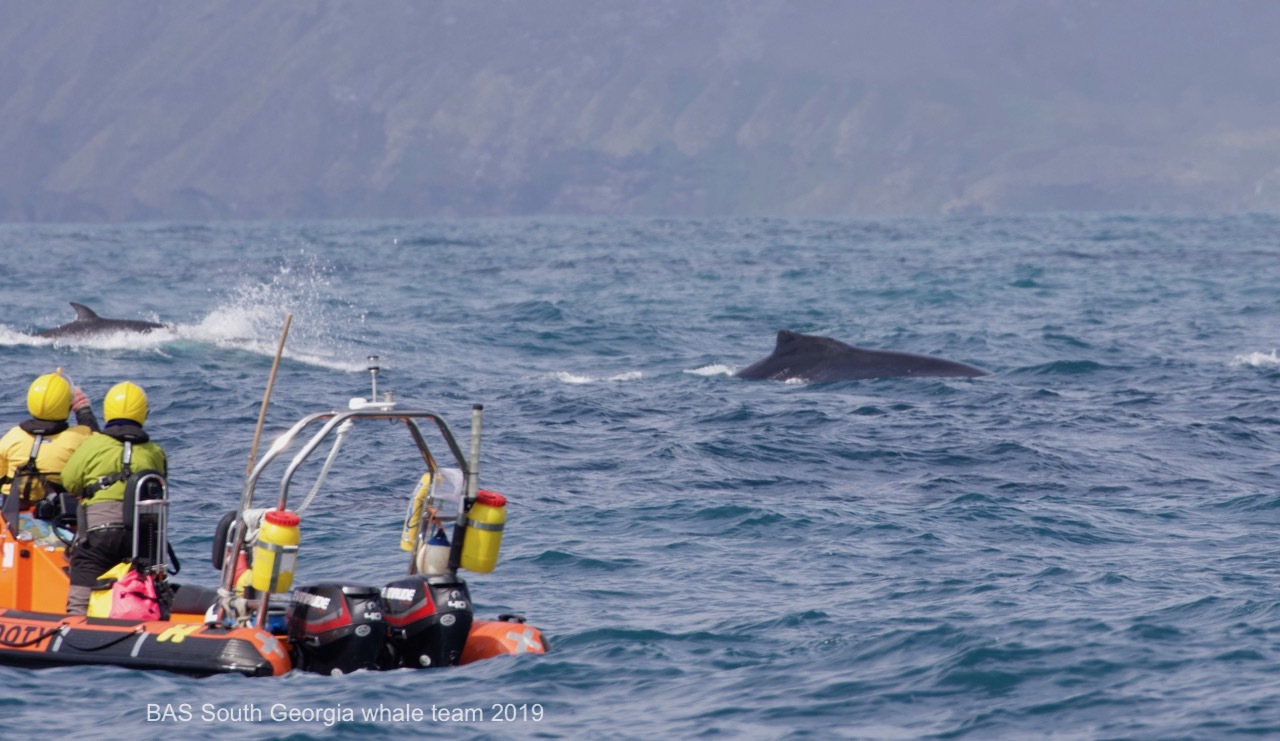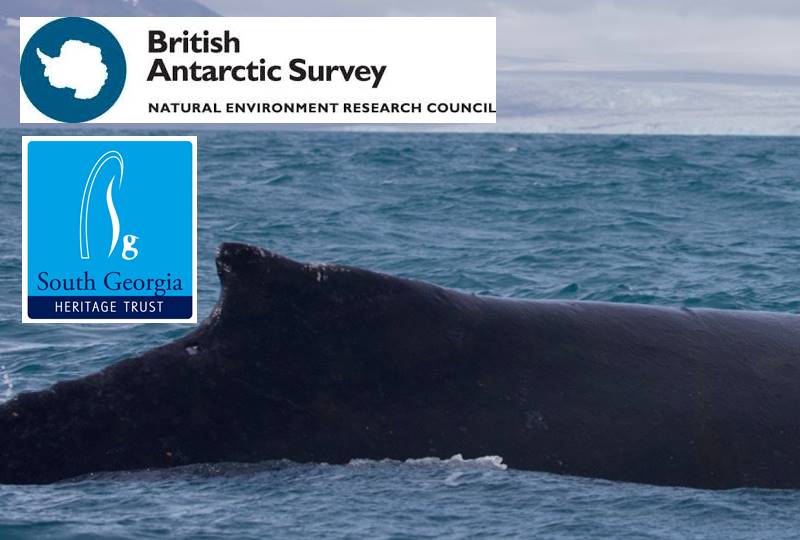
Fundraising target: £2,100 +
Funds donated: £2,500
Project: investigating the population identity, dynamics and foraging ecology of humpback whales feeding at South Georgia.
This is one of 21 projects nominated for our 21 For 21 programme.
21 For 21 Project Partner: South Georgia Heritage Trust and British Antarctic Survey
Find out more about South Georgia Heritage Trust. Find out more about British Antarctic Survey. Set up a 21 For 21 Fundraising Page.
About South Georgia Heritage Trust (SGHT)
SGHT was established in 2005 to help efforts to conserve and protect those species of indigenous fauna and flora that breed and grow on South Georgia or in the surrounding seas and to raise awareness of South Georgia’s threatened species.
About British Antarctic Survey (BAS)
BAS is a world-leading centre for polar science and polar operations, addressing issues of global importance and helping society adapt to a changing world.
Wild Water Whales
The Wild Water Whales project focusses on studying the population recovery and health of whales in South Georgia waters. The project involves sightings surveys, using acoustic methods to find whales, collecting photo-identifications and skin samples to identify individuals, tracking whales to find out where they feed, and studying the health condition of whales using drone technology.
The seas around South Georgia are a key feeding ground for multiple baleen whale species, including the southern right, humpback, blue and fin whales. The area is abundant with food in summer, namely krill, a shrimp-like crustacean, which provides a key part of their diet.
Historically, South Georgia was famously abundant with humpbacks, but was heavily exploited, with over 26,000 whales killed by whaling between 1904-1926. Despite strong population recovery elsewhere in the southwest Atlantic, humpbacks have only become regular summer visitors to South Georgia in the past decade.
South Georgia is designated as an Important Marine Mammal Area and also supports a winter krill fishery. Ultimately the project will inform the management of South Georgia’s seas to help to protect the krill that is vital food for whales in the Southern Ocean and set fishing quotas.
This new humpback recolonization poses a number of questions of conservation and management relevance: are the newcomers associated with the expanding Brazilian wintering ground, or with more distant African wintering grounds? What is the demography of the new colonisers- are they young animals, or more representative of a recovering population? Are they foraging exclusively on krill, and have there been any shifts in foraging preference over a century of exploitation?
Research
In 2019, the SGHT funded an analysis of the abundance of baleen whales using South Georgia (SG) and South Sandwich Islands (SSI) waters for the Commission for the Conservation of Antarctic Marine Living Resources (CCAMLR), which implements measures to support the conservation of Antarctic marine living resources and the management of fisheries in the Southern Ocean. The study identified the hotspot areas of importance for krill-feeding whales within the Scotia Arc ecosystem, and their annual impact on krill.
21 For 21 funding will help to further the following wider work of our partners which includes:
- Use spatial habitat use models to predict areas of importance for humpback whales and for all baleen whales (in SG and SSI);
- Estimate baleen whale density and abundance, checking consistency across habitat use models (in SG and SSI);
- Estimate humpback whale abundance across the Scotia Arc, checking consistency across habitat use models;
- Estimate the level of krill consumption by humpback whales (Scotia Arc, SG and SSI); and by all baleen whales (SG and SSI), using best available abundance estimates;
- Provide these estimates in a report to CCAMLR and published in a peer-reviewed journal
Visit Antarctica through our responsible travel network
Images courtesy of SGHT
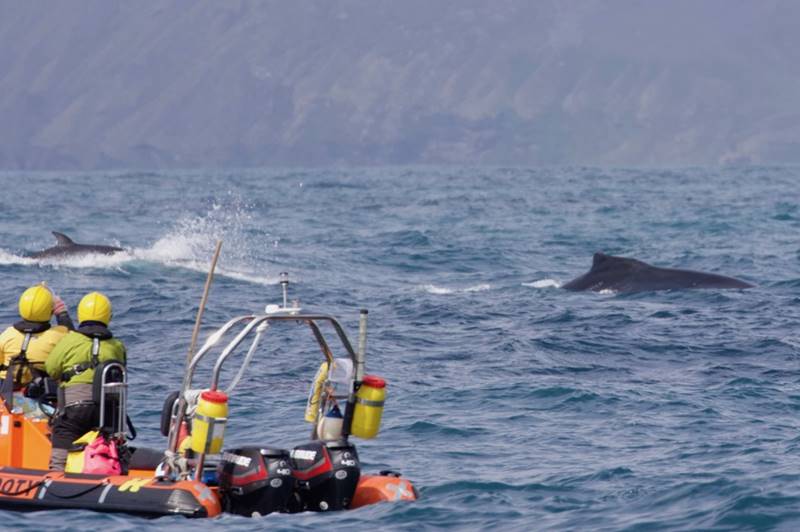
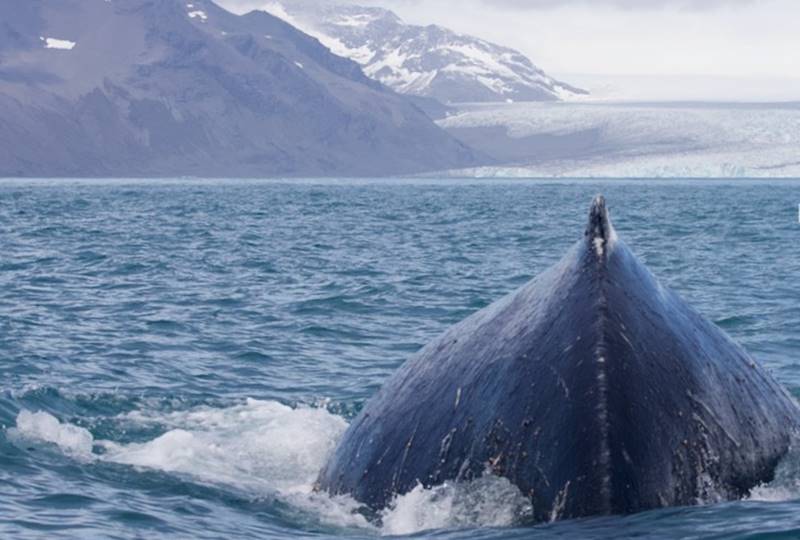
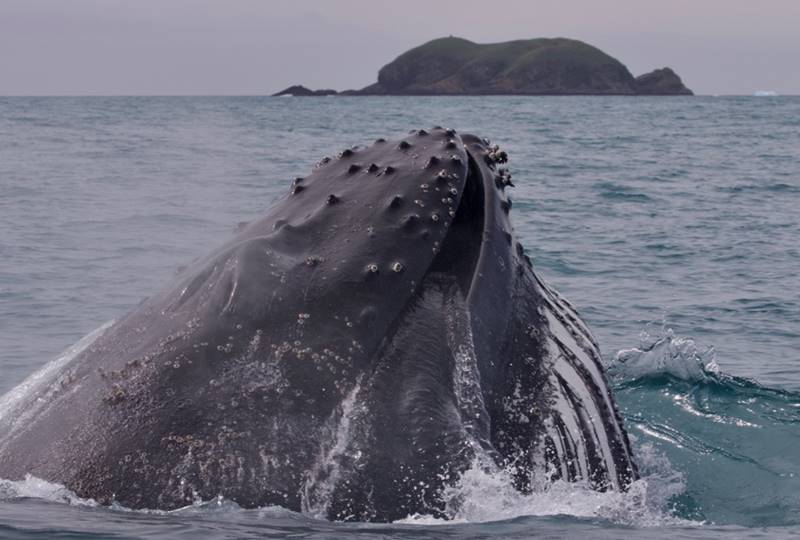
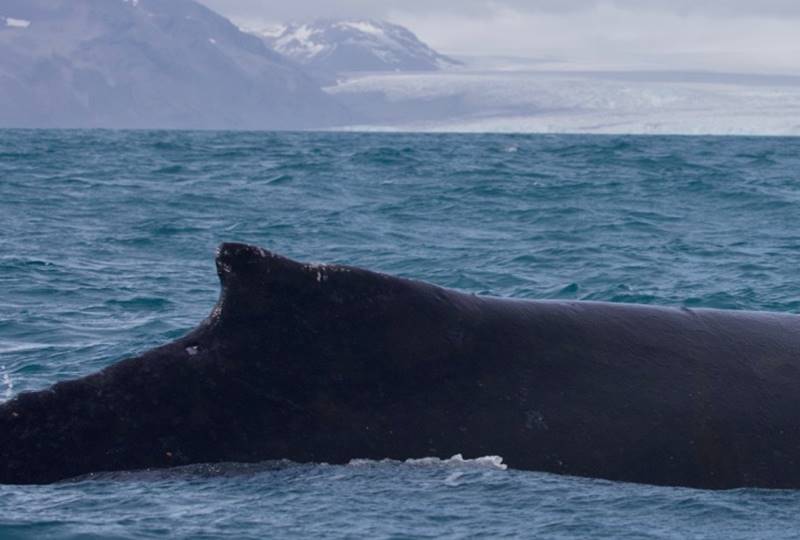
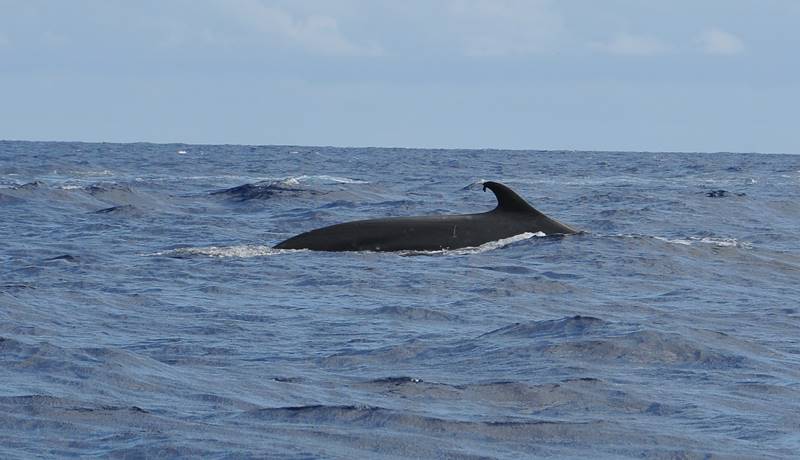
All funds raised during 2021 will contribute to the 21 For 21 Project Fund so please do sign up for a sponsored challenge (details here), support our creative initiatives, or make a donation if you are able to. Every Pound makes a difference. Thank you.
